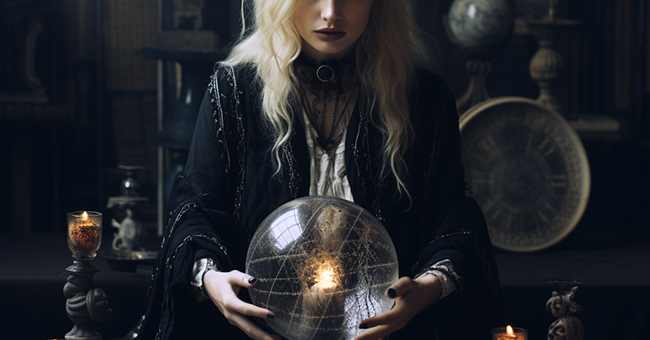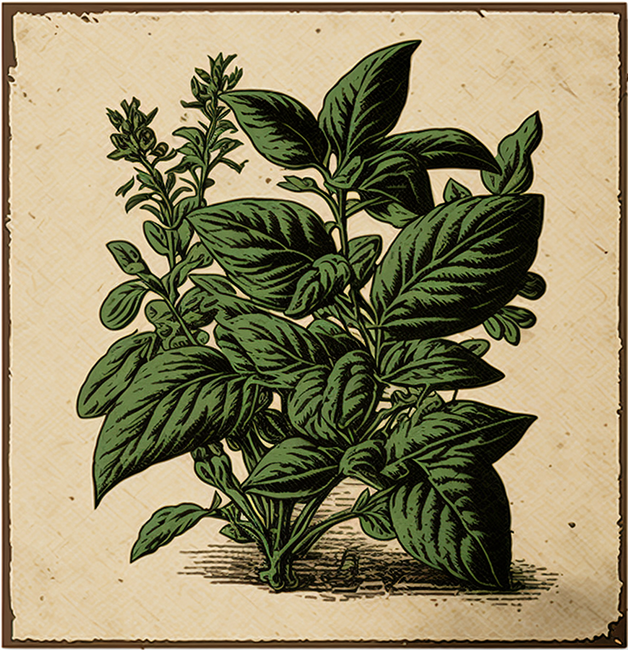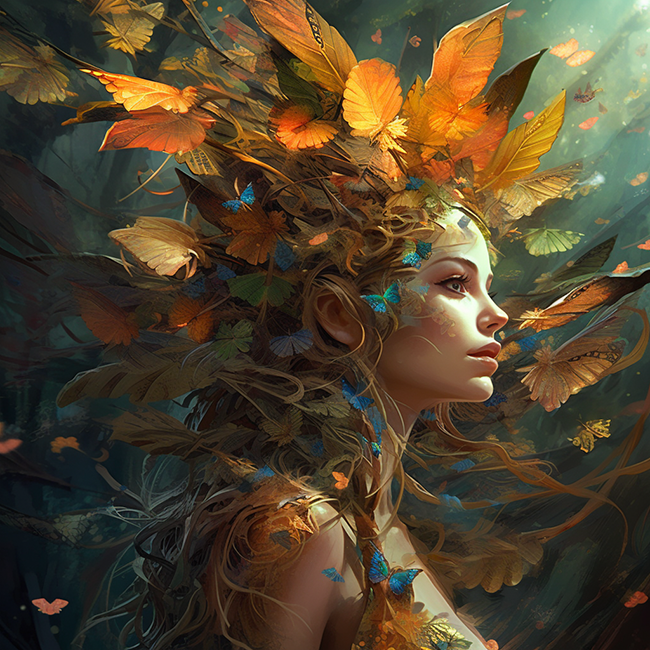
The association between herbal medicine and witches or witchcraft has deep historical roots that span various cultures and time periods.
This connection primarily arises from the roles that individuals, often women, played in their communities as healers, midwives, and wise women, and how these roles were perceived and treated by society, especially during times of social and religious upheaval.

Traditional Roles in Healing
Historically, women often served as the primary caregivers in their communities, using natural remedies, including herbs, to treat illnesses and assist with childbirth. Their knowledge of herbal medicine, passed down through generations, was critical in a time when formal medical knowledge was limited or inaccessible to most people.
Persecution During the Witch Hunts
During the medieval and early modern periods, especially in Europe, there was widespread fear and persecution of witchcraft. The witch hunts targeted individuals who were seen as threats to the social order or religious orthodoxy.
Women who practiced herbal medicine would be viewed with suspicion and accused of witchcraft. This was especially true if their remedies were unusually effective or if they were involved in practices that were not understood or were considered pagan by the Christian authorities.

Connection with Nature
Herbal medicine involves a deep understanding and utilization of the natural world. This connection with nature was sometimes interpreted as having supernatural elements or being in league with forces considered outside the bounds of Christianity.
The image of the witch as a person who makes pacts with non-Christian deities or spirits often overlapped with the roles of herbalists and healers, contributing to their persecution.
Cultural Stereotypes and Folklore
Folk tales and literature have played a significant role in shaping the stereotype of the witch.
Stories often depicted witches using potions, spells, and herbs to cast spells or curses, further solidifying the connection between herbal medicine and witchcraft in the popular imagination.

Marginalization and Power Dynamics
Women, and sometimes men, who were knowledgeable in herbal medicine, might be marginalized or viewed with suspicion because their skills set them apart.
Their ability to heal and influence the health of others could be seen as a form of power, threatening established power dynamics, especially in patriarchal societies.
This led to accusations of witchcraft as a means of control or suppression.
Modern Revival
In contemporary times, there has been a revival of interest in herbal medicine and traditional healing practices, often within the context of alternative medicine or neo-pagan spiritual movements.
This has also led to a reevaluation and sometimes a romanticization of the figure of the witch as a healer or wise woman in touch with natural and spiritual realms.

